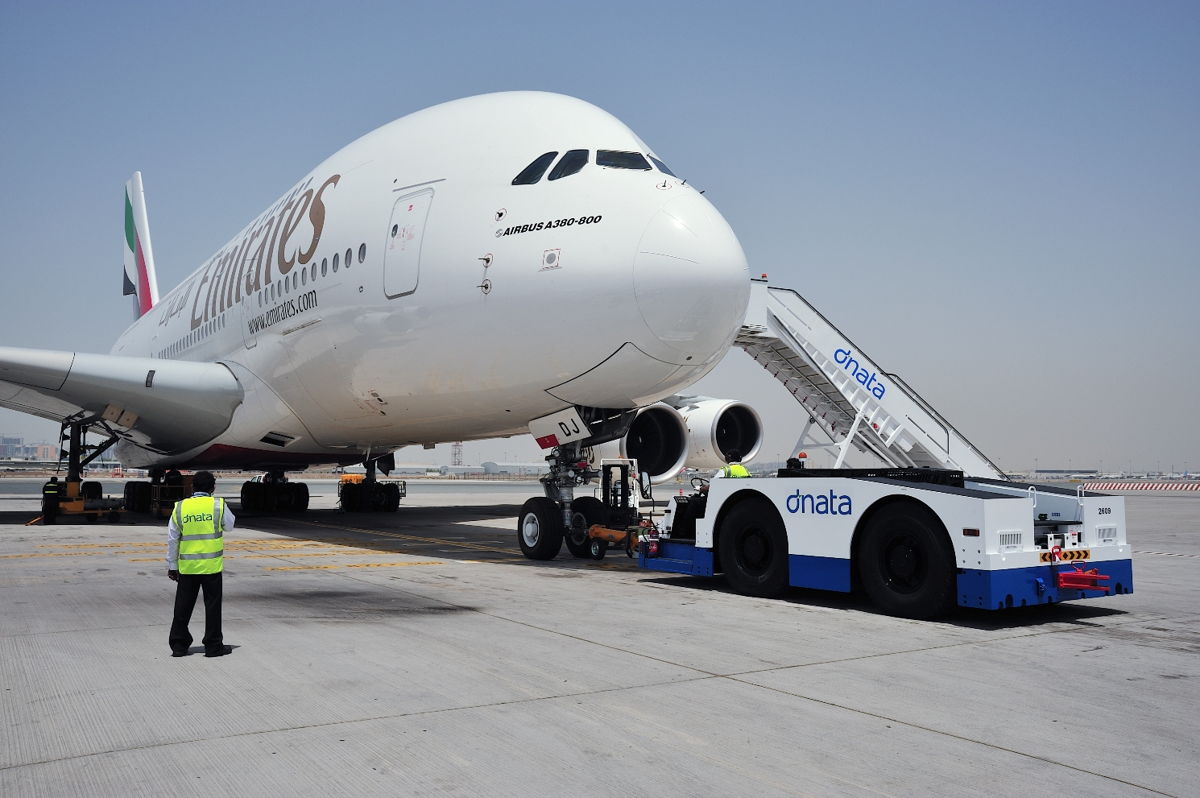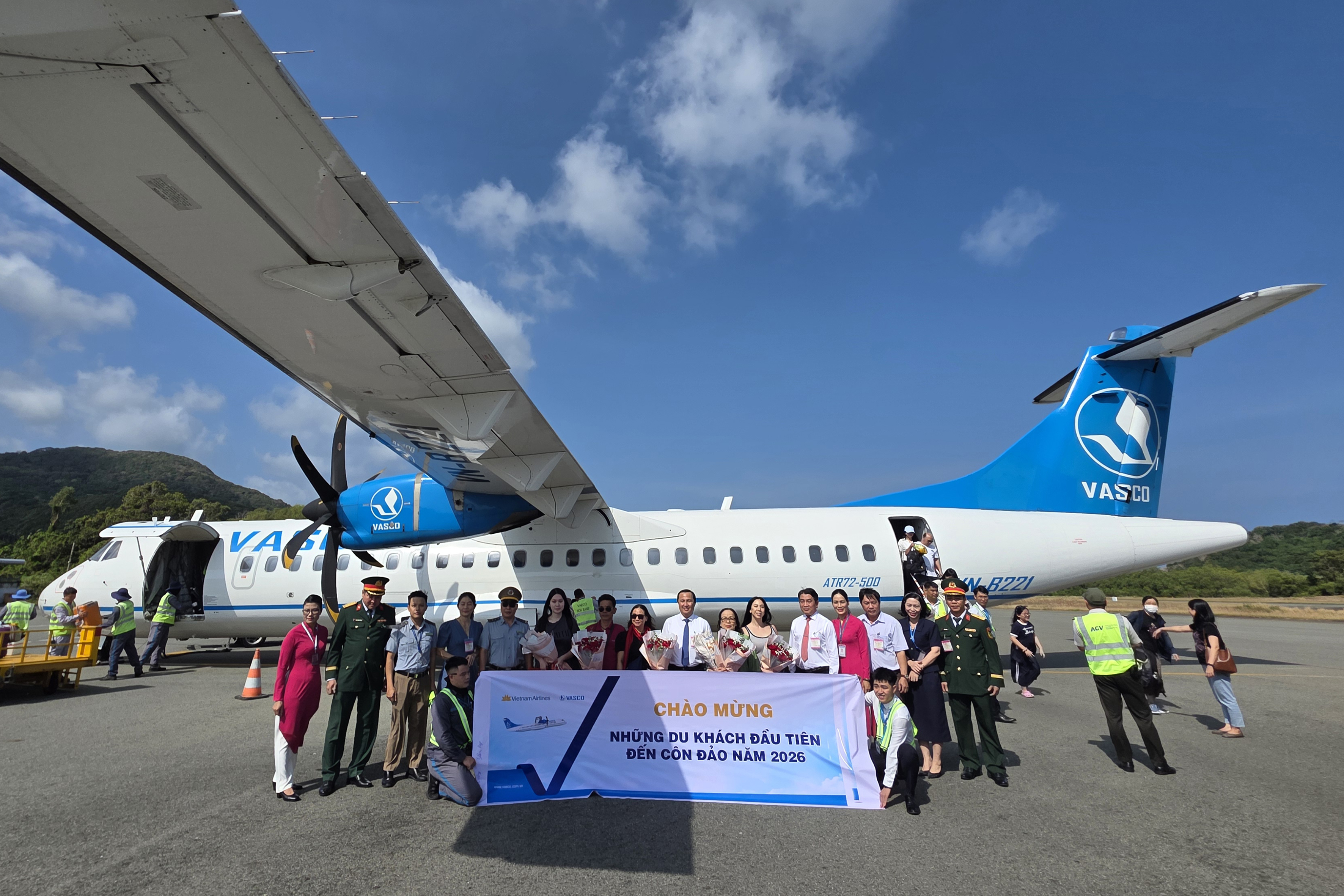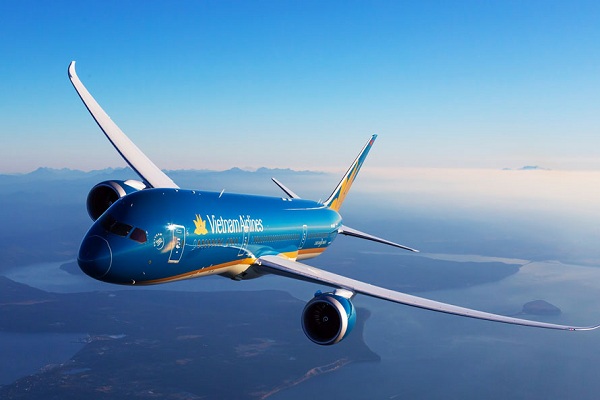Emirates carried 6.6 million passengers down 88 per cent in 2020-21, with seat capacity down by 83 per cent. The airline reported a passenger load factor of just 44.3 per cent compared with last year’s passenger load factor of 78.5 per cent.
The loss is a dramatic reversal on last year’s profit of US$ 288 million.

The Emirates Group’s revenue, which includes the ground handling company dnata, was US$ 9.7 billion, a decline of 66 per cent over last year’s results but the Group’s cash balance was US$ 5.4 billion, down just 23 per cent from last year.
His Highness Sheikh Ahmed bin Saeed Al Maktoum, Chairman and Chief Executive, Emirates Airline and Group, said: “The COVID-19 pandemic continues to take a tremendous toll on human lives, communities, economies, and on the aviation and travel industry.
“In 2020-21, Emirates and dnata were hit hard by the drop in demand for international air travel as countries closed their borders and imposed stringent travel restrictions.
“Our top priorities throughout the year were: the health and wellbeing of our people and customers, preserving cash and controlling costs, and restoring our operations safely and sustainably.”
Emirates received a capital injection of US$ 3.1 billion from its shareholder, the Government of Dubai, and dnata the ground-handling unit tapped on various industry support programmes and availed a total relief of nearly AED 800 million in 2020-21.
“These helped us sustain operations and retain the vast majority of our talent pool. Unfortunately, we still had to make the difficult decision to resize our workforce in line with reduced operational requirements,” Sheikh Ahmed said.
The Group said that for the first time in its history, redundancies were implemented across all parts of the business and as a result, the Group’s total workforce reduced by 31 per cent to 75,145 employees.
Sheikh Ahmed added that “no one knows when the pandemic will be over, but we know recovery will be patchy. Economies and companies that entered pandemic times in a strong position, will be better placed to bounce back.”
Emirates’ total passenger and cargo capacity declined by 58 per cent at the end of 2020-21, due to pandemic related flight and travel restrictions including a complete suspension of commercial passenger services for nearly eight weeks as directed by the UAE government from March 25 2020.
The airline took delivery of three A380s and phased out 14 older aircraft comprising of 9 Boeing 777-300ERs and 5 A380s, leaving its total fleet count at 259 at the end of March.
Emirates SkyCargo however had a robust year contributing to 60 per cent of the airline’s total transport revenue.
Cre: Airline Ratings
Nguyen Xuan Nghia – COMM







